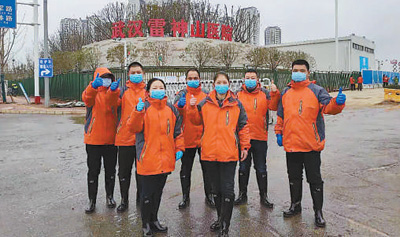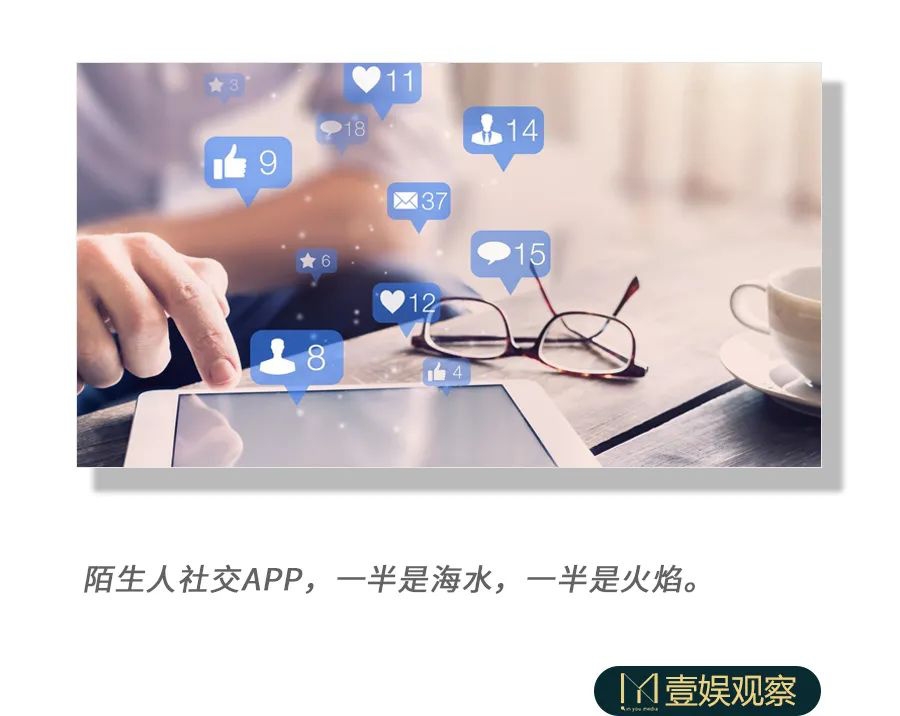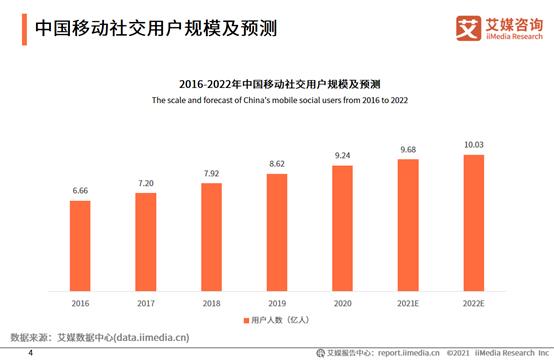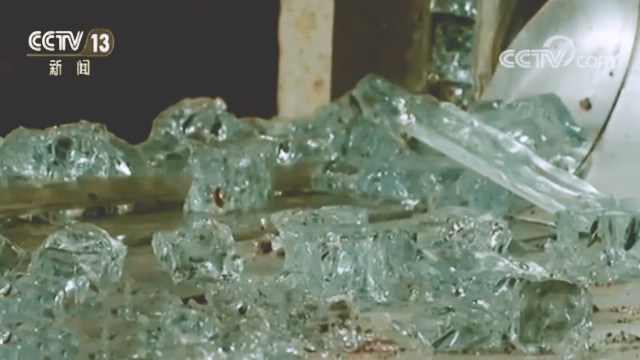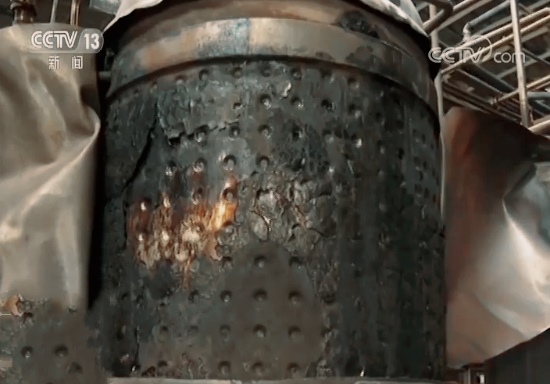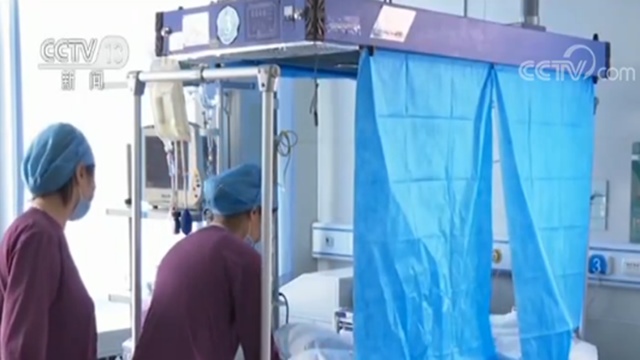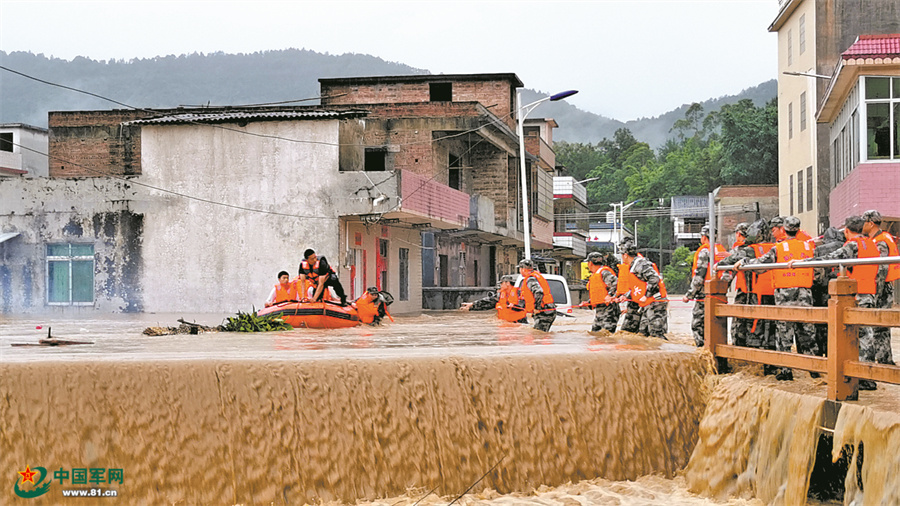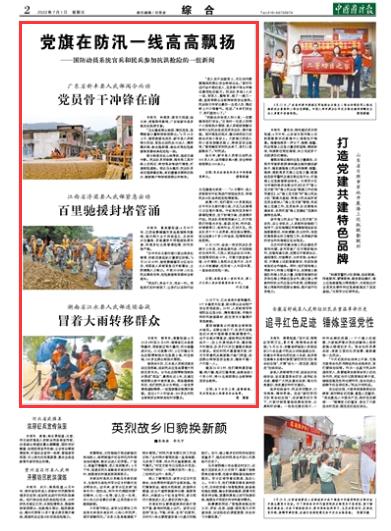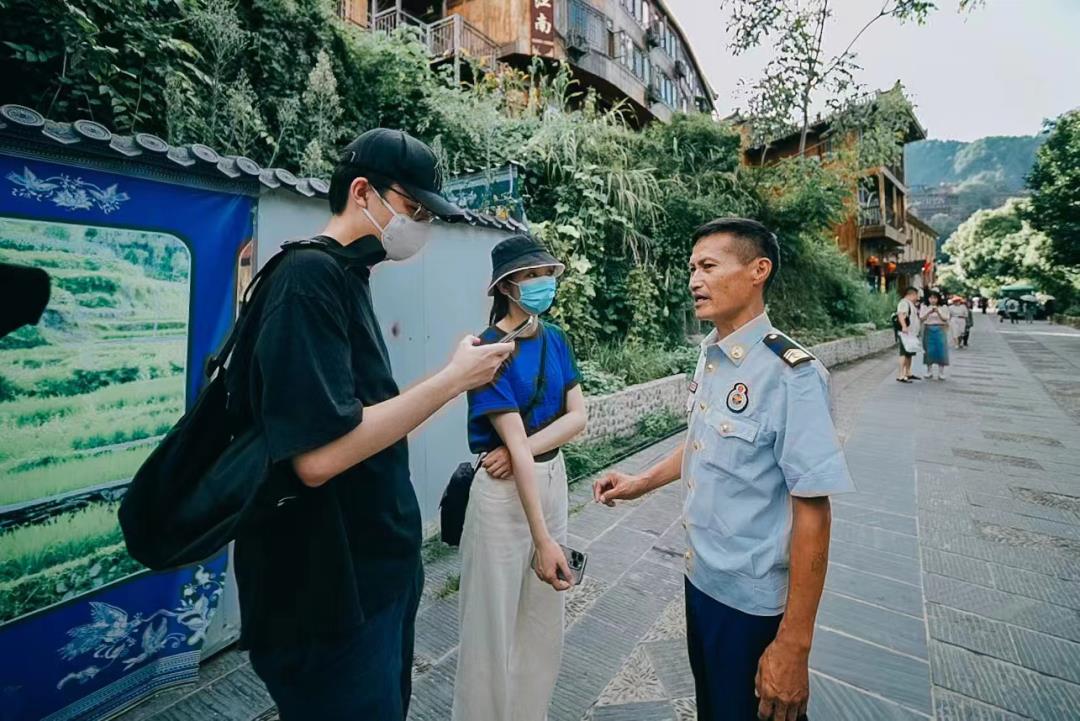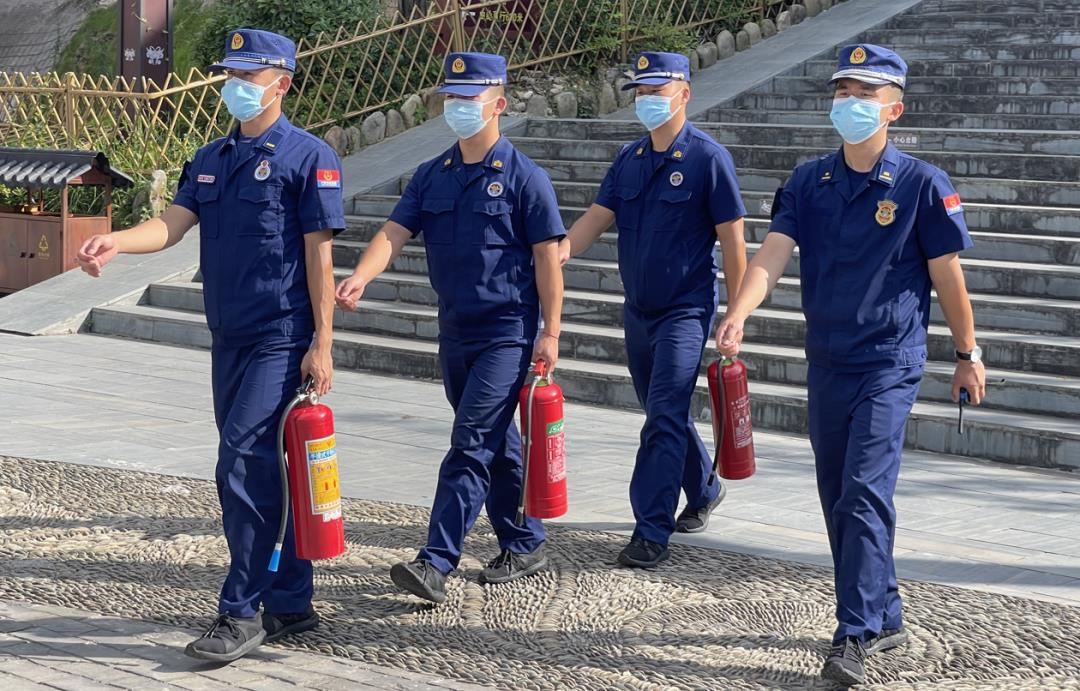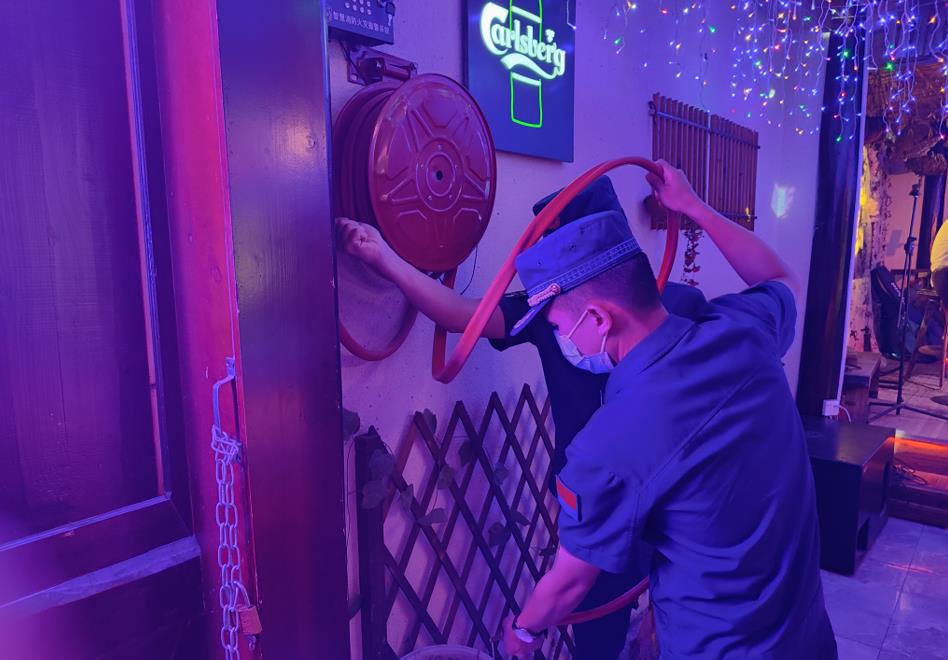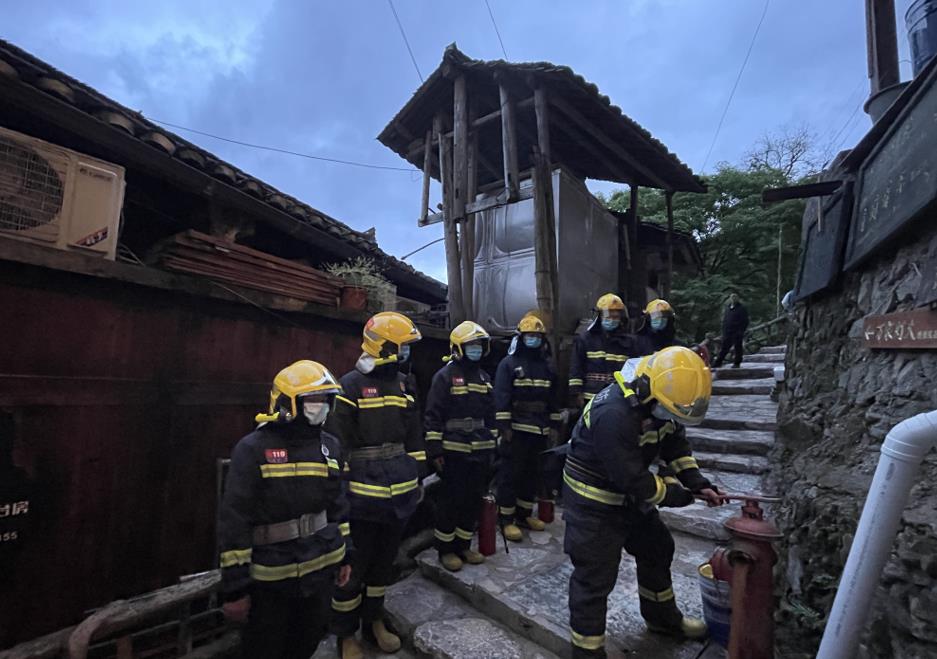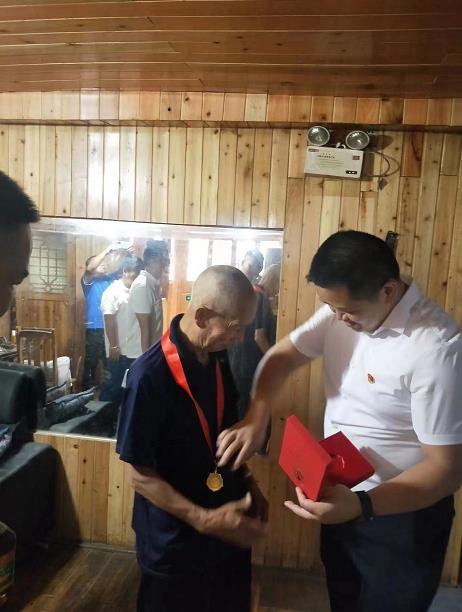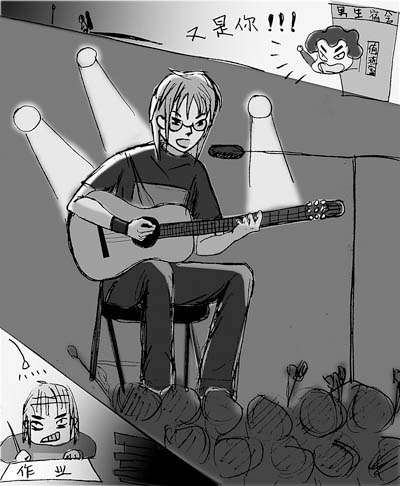The word "oblique" of "far away from the cold mountain" was changed to "xié" … These days, an article "Attention, the pinyin of these words has been changed! The post of ""caused a heated discussion on the Internet.
For many people, the "standard pronunciation" in the reading period has quietly become "wrong pronunciation"; Often mispronounced, and now it’s right? Seeing the net post, netizens fried the pot and exclaimed "I went to a fake school". Has the pinyin of these words really been modified? Yesterday, an interview with a journalist from chongqing morning post Upstream found that the Ministry of Education has not finalized the phonetic changes of these words that triggered a heated discussion among netizens, and the correct answers will be officially announced this year.
Parents are deceived.
I suspect that I went to a fake school.
This post, which has aroused widespread concern, lists many words that modify the pronunciation-"When you are young, you leave home and go back to the old, and the local accent has not changed your hair (shuāi)" "When you are far away from Hanshan Stone Path (xié), there are people in Bai Yunsheng" and "When you ride a princess in the world of mortals, no one knows that it is litchi" …
According to the post, before, the correct pronunciation that everyone was familiar with was: declining Cu ○, leaning Xi ○, riding J ○. Because there are many people who read it wrong, the pinyin has been changed. At present, the phonetic notation in the new textbook is shuāi, xié and Qi í.
There are many similar posts-the "saying" of "lobbyist" was originally pronounced "shuì", but now it is stipulated to read "Shu Ő", and there is also a saying (Shu Ő) service; The word "japonica" of "japonica rice" was originally pronounced "jīng", but now it is pronounced "gěng".
Because the pronunciation of some words in the text is completely different from that taught by many teachers when they went to school after 70, 80 and 90, many netizens and parents laughed at themselves for "taking a fake school".
"When studying, the teacher has been telling us that we should pay special attention to the pronunciation of these words. Some are polyphonic words, and some are ancient sounds, not the pronunciation in Mandarin." After 70, Ms. Zhang said, I didn’t expect the "standard pronunciation" in my school days to quietly become "wrong pronunciation", which made people somewhat confused.
Mr. Tang, a post-80s parent, lamented that he had gone to a fake school. "A few days ago, I helped my child with homework, saying that her pronunciation was wrong, saying that she was careless, and the child looked confused. Later, I checked the dictionary and found that she was right. Is there something wrong with my’ memory’? What’s going on? Hey! "
Journalist investigation
The pronunciation of some words in the new textbook has changed.
Has the pronunciation of these words really changed? The reporter consulted the new edition of Chinese textbooks, the 11th edition of Xinhua Dictionary, the 7th edition of Modern Chinese Dictionary and some teaching guidance books to find the answer.
"The stone path on the cold mountain far away" comes from the ancient poem "Mountain Walk" written by Du Mu, a poet in the Tang Dynasty. The reporter found this poem in the fourth lesson of the first volume of the third grade of primary school Chinese in the new edition of People’s Education Press, and the "slope" of "stone path slope" has been changed from the original "xiá" to "xié".
In Xinhua Dictionary, there is only one pronunciation for "dull" and "dull". When you pronounce dāi, the original Á i has disappeared. The "chisel" of "conclusive" has been changed from "Zu" to "záo".
In the seventh edition of Modern Chinese Dictionary, the "Shuo" of "lobbyist" has been changed from the original "shuì" to "Shu Ő". In the teaching guidance book A Full-function Dictionary of Modern Chinese for Students published by Jiangxi Education Publishing House, the phonetic notation of "persuasion" is "shuō fú" instead of "Shu ō f ú".
However, the pronunciation of some words has not changed. For example, "japonica rice" still reads "jīng" instead of "gěng" in Modern Chinese Dictionary and Students’ Modern Chinese Full-function Dictionary. In Chinese textbooks, "riding in the world of mortals" is still reading (jì) but not reading (qí).
The Ministry of Education responded:
Without deliberation, the original pronunciation shall prevail.
The reporter learned that most of the cases in the post came from the "Draft for Comment on the Pronunciation of Different Words in Mandarin (Revised Draft)" issued by the State Language Committee in 2016.
On June 6th, 2016, the research group on the revision of the Pronunciation Evaluation Table of Mandarin Variant Words issued the Announcement for Solicitation of Opinions, and it was publicly solicited for opinions from June 6th, 2016 to June 25th, 2016.
The reporter also checked that in May 2018, some media reported on this.
So, should the phonetic notation be based on the Pronunciation Table of Different Pronunciation Words in Putonghua or the Modern Chinese Dictionary?
On February 19th, the Chinese Pinyin Research Office of the Institute of Language and Character Application of the Ministry of Education responded in an interview with the media that some uncommon sounds of ancient Chinese, including those in the above poems, have indeed been adjusted. The principle of adjustment is that uncommon sounds of ancient Chinese exist in modern times, and if they have corresponding meanings, they should be kept. If there are only uncommon sounds with the same meanings as the words corresponding to their modern sounds, modern pronunciations should be used. This is also in consideration of the convenience of popularization and use, and the opinions of most people.
The laboratory stressed that this pronunciation change has not officially become a national standard, and it needs to be reviewed by the Audition Committee and the Standards Committee before it can be announced. At present, the original pronunciation should prevail. As for the pronunciation of the new textbooks and dictionaries after adjustment, it may be that People’s Education Publishing House understood it early and took the lead in reform.
The reporter was informed that the correct answer may be officially announced by the Ministry of Education in 2019.
On January 10, 2019, in the Work Points of the Language and Character Information Management Department of the Ministry of Education in 2019, the Pronunciation Table (Revised) of Putonghua Variant Words was published as an important standard of Putonghua pronunciation, which was included in the work points of 2019.
Chinese teacher:
The beauty of ancient poetry is gone.
Some Chinese teachers said that they did not fully agree with the phonetic changes of these words.
"Many pronunciations I learned before have changed, so it is too tossing to change, especially for Chinese teachers and students." Qi Taili, a Chinese teacher at Chongqing People’s Primary School, thinks.
Teacher Qi said that our mother tongue is beautiful, and the sound, form and meaning of Chinese characters are closely linked. We can’t correct our pronunciation just because most people always make mistakes. "For example, the word" riding "in" Riding a princess in the world of mortals and laughing ",in the old saying, one person and one horse said" Ji ",but now it is changed to" Q ",how can it reflect the aesthetic feeling of one person riding and flying in the old saying?" In her opinion, correcting pronunciation is to correct mistakes, but it is disrespectful to China’s traditional culture not to vulgarize and simplify the Chinese language and change it rashly.
